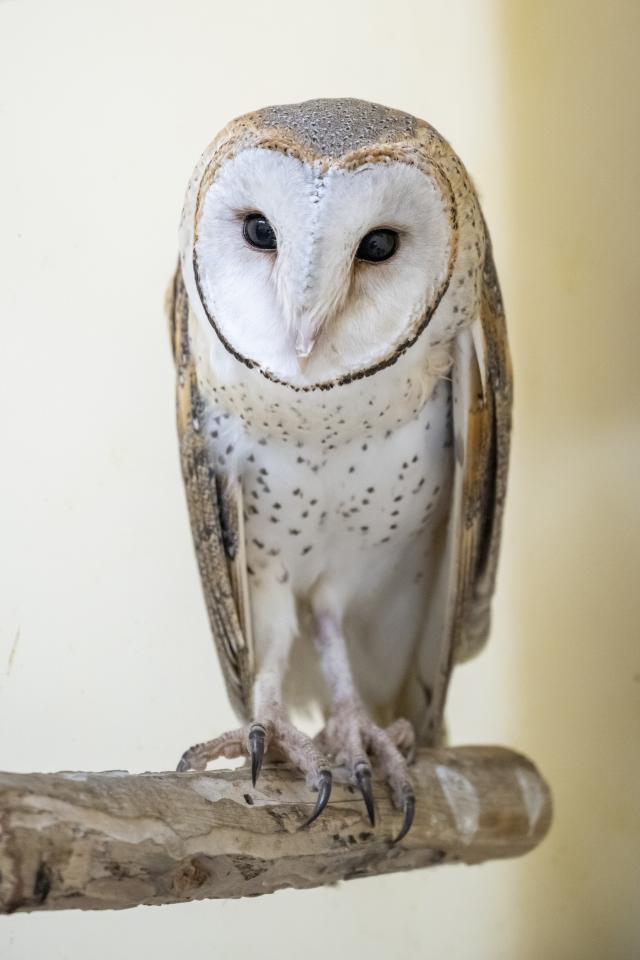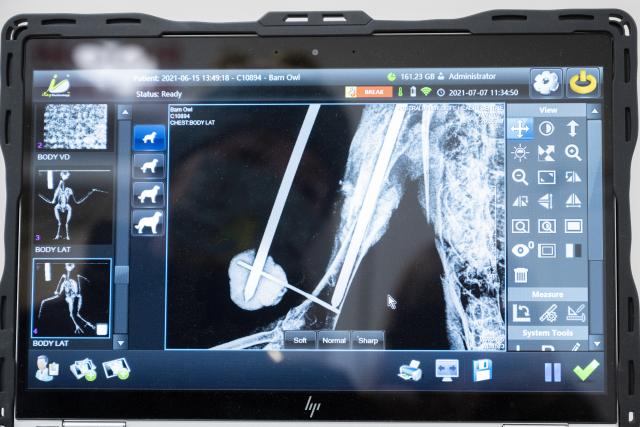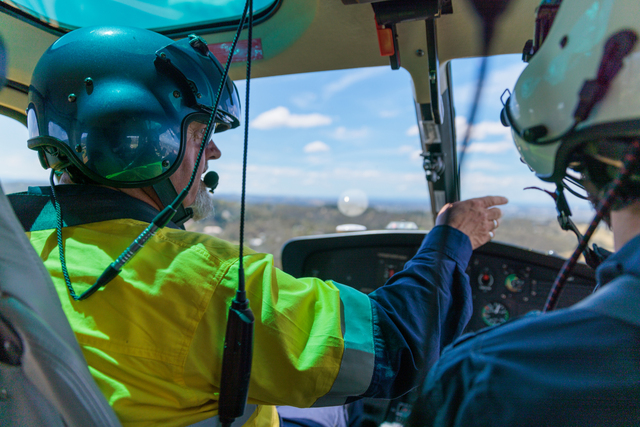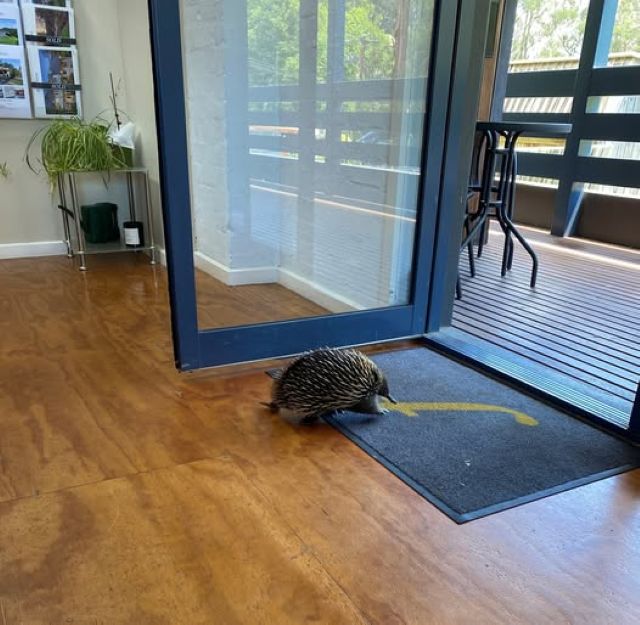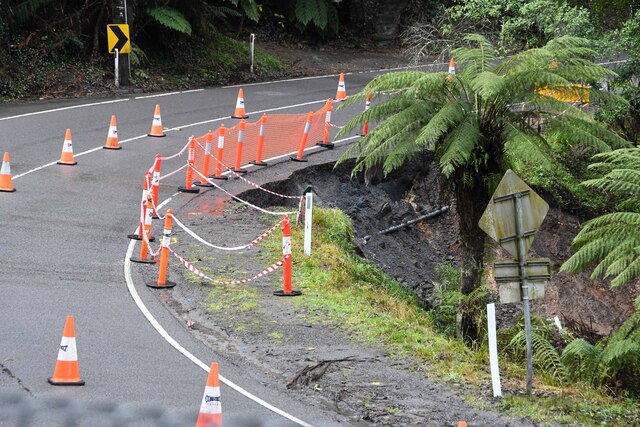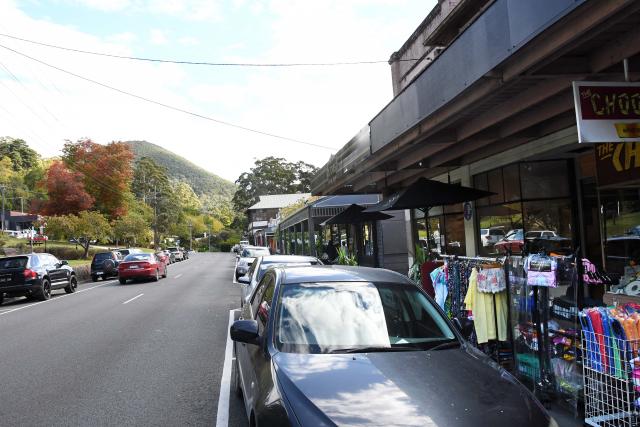Healesville Sanctuary will soon be home to a Raptor Rehabilition Centre which will be dedicated to injured native birds following a $1.8 million funding announcement from the State Government.
Minister for the Environment and Climate Action Lily D’Ambrosio today announced construction has begun to create an aviary and flyway at Healesville Sanctuary.
“This unique centre will help many precious injured native birds who may not otherwise survive,” Ms D’Ambrosio said.
“The dedicated team at Healesville Sanctuary’s Australian Wildlife Health Centre do a phenomenal job rehabilitating wildlife and this centre will aid them further in their efforts.”
The wooden and steel structure will stand at six metres tall and form a continuous flight path about 100 metres long to assist in the recovery of a variety of raptorial birds, including Wedge-tailed Eagles, hawks, falcons, and owls.
The Raptor Rehabilitation Centre will provide a safe, peaceful environment for birds to build up their flight fitness, so that they not only survive, but thrive once returned to their wild home.
Flight fitness is an essential part of the rehabilitation process for raptors, as they need to be able to catch their prey mid-air and swoop down onto the ground.
Healesville Sanctuary Director Ross Williamson said to be able to return wildlife to its home is something special.
“The Raptor Rehabilitation Centre will allow the team at Healesville Sanctuary to better provide a second chance for injured raptors so they can soar once more,” Mr Williamson said.
Sixty-three raptors received treatment at Healesville Sanctuary’s Australian Wildlife Health Centre (AWHC) during the past financial year, using a temporary flight tunnel to help with rehabilitation. Road trauma related injuries are the most common presentation.
The Raptor Rehabilitation Centre is being built near the AWHC with veterinarians overseeing flight fitness.
Once completed in 2023, Healesville Sanctuary visitors will be able to view the centre from a newly built boardwalk, while small private groups will have an opportunity to tour when not in use for wildlife.

